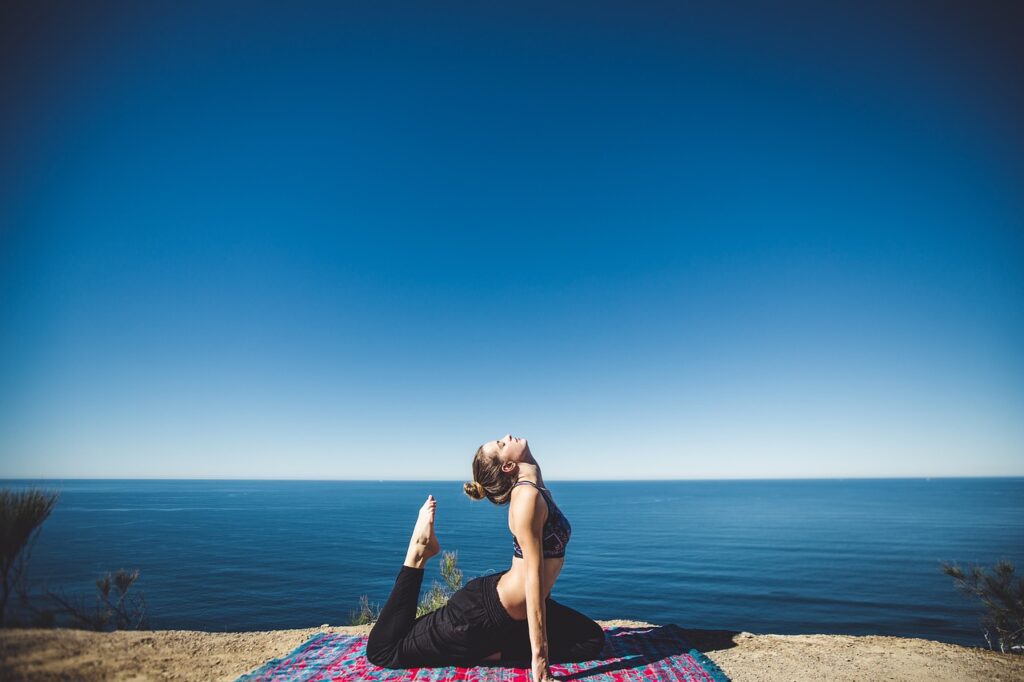I am, undoubtedly, under the influence of having seen Paul Simon in concert recently, but I have also been contemplating the really limited view most of us seem to hold of what “counts” as learning. We still too often really mean “education” when we say learning, and usually we mean formal education, like taking a class.
But formal education simply isn’t where or how most learning happens. If we’re paying attention, we realize that we’re constantly engaged in activities in our everyday lives that are ripe with learning potential.
The list of these activities that follows isn’t meant to be comprehensive. Nor is it meant to be academically rigorous: there is plenty of blurring, and overlap, and general fuzziness here. The intention is just to convey that we are learning organisms through and through. Through all of the ways we act, day in and day out, we are – at least potentially – learning. To the extent we don’t learn through these activities, we are missing significant opportunities to engage with life more fully.
Here’s, in no particular order, is the list:
- watching
- listening
- imitating
- writing
- touching
- tasting
- sleeping
- reflecting
- repeating
- asking
- teaching
- showing
- smelling
- seeing
- risking
- failing
- succeeding
- acting
- practicing
- deciding
- discussing
- buying
- selling
- giving
- receiving
- empathizing
- sympathizing
- assessing
- probing
- reading
- debating
- attending
- releasing
- relinquishing
- planning
- relating
- connecting
- elaborating
- describing
- accepting
- adapting
- adjusting
- investigating
- explaining
- trying
- growing
- cultivating
- building
- making
- noting
These are the just first 50 that came to me. I generated these in a single sitting. As I began, I was convinced it would be hard to come up with 50. As I finished, I realized I could probably continue on to 100 and past with no problem. But I won’t. I’m hoping you will instead. Try the following:
On Your Own: Put this list aside for at least an hour, so that you are not overly influenced by it, and then make some time to create a list of your own. As you do, think about the activities that seem to contribute most to your own learning. How could you make these a more conscious, consistent part of your life? Think, also, of activities that are not as much a part of your learning habits. Are there ones you could experiment with increasing?
With A Group: Of co-workers. Of family. Of friends. Collaborate on creating a list like this using a white board or flip chart or some other medium that everyone can see. (You could even use Padlet to do it digitally.) As you post activities, have each member of the group comment occasionally provide examples of how they engage in a particular activity and how it contributes to their learning. Capture ideas for adding new activities to your own learning or to learning that supports the group.
These are simple activities, but they can be very powerful for cultivating a more conscious and mindful approach to how learning happens. They are worth repeating periodically over time as a form of reflection.
Comments welcome.






Awesome blog, its really really helpful thanks for sharing keep posting.
I will certainly apply this when I start teaching! TY!